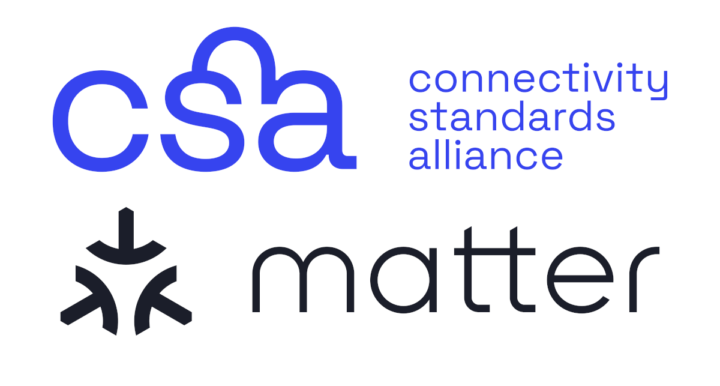The Zigbee Alliance is/was an organization of hundreds of companies creating, maintaining, and delivering open standards for Zigbee… and other Internet of Things (IoT) standards including Smart Energy, Green Power, JupiterMesh, rf4ce, Dotdot, etc…
Since the organization does not reflect its involvement beyond Zigbee, the name has just been changed to the Connectivity Standards Alliance (CSA), and while they were at it they also rebranded “Project CHIP” (Connected Home over IP) to “Matter”, maybe because “connectivity standards matter!” 😉

There’s also a new website csa-iot.org but it may not have complete information just yet, and they invite you to access the Full website (https://zigbeealliance.org/about/) for extra details. Nothing much has changed here besides the name.
But there’s more to report about Matter. A dedicated website has launched for the new standard, although the code remains under the Project Chip GitHub account at this time. What’s more interesting is that formal device certification for controllers/hubs/gateways/bridges will start in late 2021, and that informal certification of Matter compliant WiFi-based and Thread-based devices from companies has started. That means we may get Matter certified Smart Home home automation devices by the winter holidays 2021.
It’s with reminding what that Project CHIP Matter aims to provide a unified interface for Smart Home devices in order to make it easier for device manufacturers to build devices, and to ensure they are compatible with smart home and voice services such as Amazon’s Alexa, Apple’s HomeKit with Siri, Google’s Assistant, SmartThings, and others. Key attributes include:
- Simplicity – Easy to purchase and use. Simplifying connected experiences.
- Interoperability – Devices from multiple brands work natively together. Providing greater compatibility.
- Reliability – Consistent and responsive local connectivity.
- Security – Maintaining secure connections. Robust and streamlined for developers and users.
- Flexibility – Matter makes it easy for users to set up and control their devices with multiple ecosystems simultaneously.
The first specification release of the Matter protocol will run on existing networking technologies such as Ethernet (802.3), Wi-Fi (802.11), and Thread (802.15.4) as well as Bluetooth Low Energy.
It will simplify life for consumers too, as they can just check for Matter certified device, and as explained in the video below, developers should not have to implement, test, and update compatibility with multiple standards.
There may eventually be a large number of Matter certified products with CSA’s members poised to be early adopters of Matter include: Amazon, ASSA ABLOY, Comcast, Espressif Systems, Eve Systems, Google, Grundfos Holding A/S, Huawei, Infineon Technologies, LEEDARSON, Legrand, Nanoleaf, Nordic Semiconductor, NXP Semiconductors, Qorvo, Resideo, Schlage, Schneider Electric, Signify, Silicon Labs, Samsung SmartThings, Somfy, STMicroelectronics, Texas Instruments, Tuya Smart, Unisys, Wulian, and Zumtobel Group. We’ll see how this evolves, and make sure to follow the progress on CNX Software.
Thanks to Hedda and Andreas for the tips.

Jean-Luc started CNX Software in 2010 as a part-time endeavor, before quitting his job as a software engineering manager, and starting to write daily news, and reviews full time later in 2011.
Support CNX Software! Donate via cryptocurrencies, become a Patron on Patreon, or purchase goods on Amazon or Aliexpress




